Medications for treating insomnia are known as sedative-hypnotics or simply hypnotics. With insomnia, the person may have difficulty in falling asleep or staying asleep or may not feel fresh after sleeping. Frequently insomnia is caused by worry, tension and stress of daily life. Sleeping difficulties may occur with physical pain, discomfort, or illness. Certain medications and substances including alcohol, stimulants, caffeine selective serotonin reuptake inhibitor, antidepressants and illicit drugs can cause insomnia or upset sleep rhythm and disturb the quality of sleep. Some individuals have prior sleep disorder that cause sleep disruption, resultant in excessive sleepiness during the day and wakefulness at night. Sleep apnea, for example is a breathing-related sleep disorder in which the sleeping patient stops breathing during the respiratory cycle and then suddenly snorts and gasps for air the next moment. This stops breathing rhythm and prevents the person from getting a restful sleep. Insomnia may also be a symptom of an underlying mental disorder. Depressed individuals, for example, have characteristics changes in their sleep pattern and they may have marked difficulty in falling asleep, sleep too much, sleep fitfully after falling asleep or experience early morning awakening.
Commonly, individuals treat their insomnia early with nonprescription, over-the counter sleep aids and then see their physician when their insomnia becomes unmanageable. Antihistamines are the primary hypnotic ingredients in over-the –counter sleep aids, such as Sominex and Unisom and many of these products come in combination with a mild analgesic, acetaminophen, to reduce minor aches and pains.
Zaleplon (Sonata)
It has rapid onset of action and an ultra-short duration of action, making it a good choice for treatment of sleep-onset insomnia. A second dose can be used during the middle of the night without residual sedation in the morning (this is believed to be an advantage of this hypnotic over others).
Triazolam (halcyon)
It depresses all the levels of the CNS (e.g., limbic and reticular formation) possibly by increasing activity of GABA. It is indicated for short-term insomnia. Triazolam was the first short-acting benzodiazepine for promoting sleep but fell out of favor after high-profile reports of amnesia with its use.
Estazolam
It is an intermediate benzodiazepine with a slow onset of action and a long duration. Estazolam is a good agent for sleep maintenance insomnia.
Temazepam (Restoril)
It is a short- to –intermediate acting benzodiazepine with longer latency to onset and half-life. It may be more helpful in sleep-maintenance insomnia than in sleep onset insomnia.
Suvorexant (Belsomra)
It is an orexin receptor antagonist. The orexin neuropeptide signaling system is a central promoter of wakefulness. Blocking the binding of wake-promoting neuropeptides orexin A and orexin B to receptors OX1R and OX2R by Suvorexant is thought to suppress wake drive. It is indicated for the treatment of insomnia characterized by difficulties with sleep onset and or sleep maintenance.
Amitriptyline
It is a tricyclic antidepressant with sedative effects. It inhibits reuptake of serotonin and norepinephrine at the presynaptic neuronal membrane, which increase concentration in the central nervous system.
Doxepin (Silenor)
Low-dose Doxepin is FDA approved for sleep-maintenance insomnia. It is available in 3- and 6-mg tablets.
Nefazodone
It inhibits serotonin reuptake and is a potent antagonist at the 5-HT2 receptor. It also has negligible affinity for cholinergic, histaminic or alpha-adrenergic receptors. The FDA has added a Black box warning regarding rare cases of liver failure with this drug.
Mirtazapine
It exhibits both noradrenergic and serotonergic activity. In cases of depression associated with severe insomnia and anxiety, it has been shown to be superior to other selective serotonin reuptake inhibitors. In patients with depression, the sedative properties of Mirtazapine may help with sleep-onset insomnia. This drug is not an FDA-approved treatment for insomnia and no randomized, placebo-controlled trials have demonstrated its efficacy for insomnia.
Nortriptyline
it has demonstrated effectiveness in the treatment of chronic pain. By inhibiting the reuptake of serotonin by the presynaptic neuronal membrane, this drug increases the synaptic concentration of these neurotransmitters in the CNS.
Zolpidem
A sedative-hypnotic of the imidazppyridine class, Zolpidem has a rapid onset and short duration of action. It is a good first choice for treatment of sleep-onset insomnia and produces no significant residual sedation in the morning.
Antipsychotics
when treating patients with bipolar disorders whose insomnia is due to agitation, the administration of a sedating antipsychotic at bedtime, in conjunction with routine psychotropic medications may provide the dual benefits of antipsychotic and hypnotic effects to manage the patient’s mental disorder. Thorazine is widely used for its sedative effects or bedtime to induce sleep in agitated patients. Seroquel at low doses is effective for treating insomnia in schizophrenic patients.
In these ways medications are very beneficial for treating insomnia and are helpful in various manners. The various medicines or drugs which are used to treat insomnia are very useful.
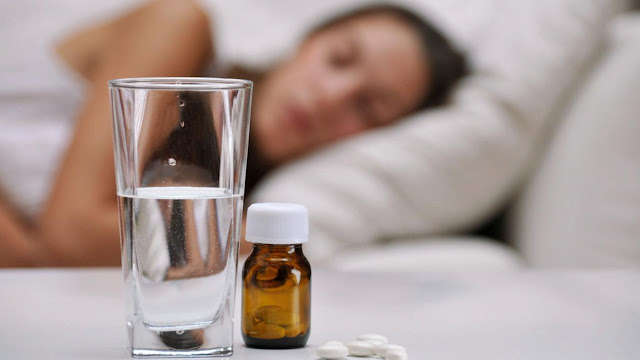
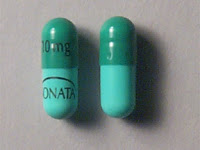

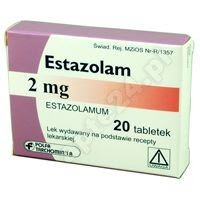

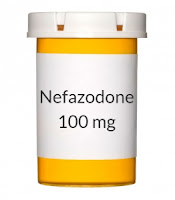
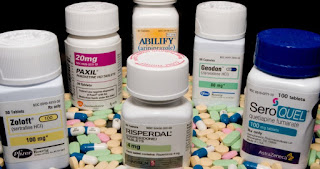
No comments:
Post a Comment